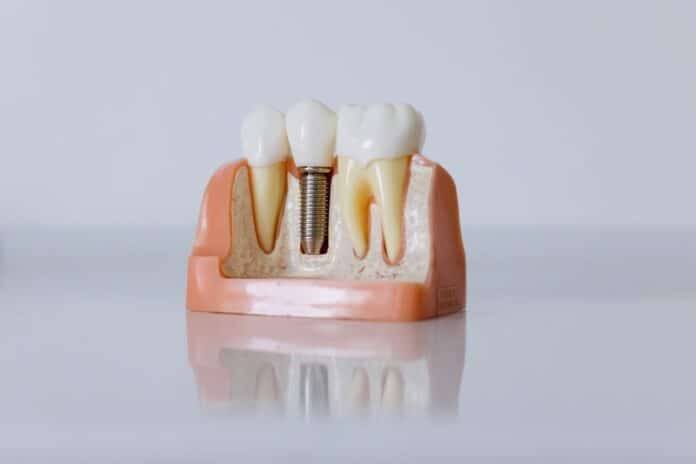
Not having a tooth or facing a decayed tooth falling out is nothing less than a trauma. And if it is at a place where it is slightly or mostly visible, then it adds to the trauma even more.
It would help if you got in touch with a dentist who can provide you with the best treatment to resolve the issue at hand. Usually, most dental clinics and dentists recommend that you choose a dental implant, which can restore the lost tooth’s function.
What is a dental implant?
Often people confuse a root canal treatment and dental implant, as they both are slightly similar. But the dental implant is a little more permanent solution, and it can last a lifetime when you take good care of it.
Here the dentist addresses the area of the tooth loss, plants a post inside the gums, and then adds a dental crown, which looks similar to a natural tooth. No one will be able to tell the difference until you let them know. To know more about this, you can check out Dublin Dental Care.
The preparation stages
It is the dentist who will decide whether or not you will need a dental implant or not. Ideally, you need to make an appointment with the dentist and make a visit. After that, the dentist will:
- Examine your dental structure
The dentist will conduct a few tests, especially a dental x-ray, to check the infection and other aspects of the gum structure. Once they find out that you are eligible for a dental implant, they will share the date of the dental implant with you. You mustn’t delay or miss the treatment.
- Suggest you a few medicines
After the dentist asks you to conduct the medical tests, they will suggest you a few medicines a few days before the surgery. Ideally, these are a few preventive medicines that don’t cause any harm or side effects. It would help if you took the medication on time to prepare the body for the dental implant.
Patients who take medicines for hypothyroid or blood pressure need to ask their doctor about the dosage management before and after the dental implant. Usually, there are no changes. But in case the doctor feels that their regular dose needs to be changed or halted for a day or two, they will suggest so.
- Execute the dental implant
The dental implant doesn’t take place in a day. It usually takes two or three sessions based on the individual requirement. Ideally, it takes two days. The dentist cleans up the affected area and plants the post on the first day. They add the dental crown on the second day to finish the treatment.
Finally, the dentist might suggest a few medicines for three days or a week. They will also share with you an after-care routine that will ensure that your dental health is excellent and germ-free. You need to adhere to the guidelines to enjoy good gum health.

